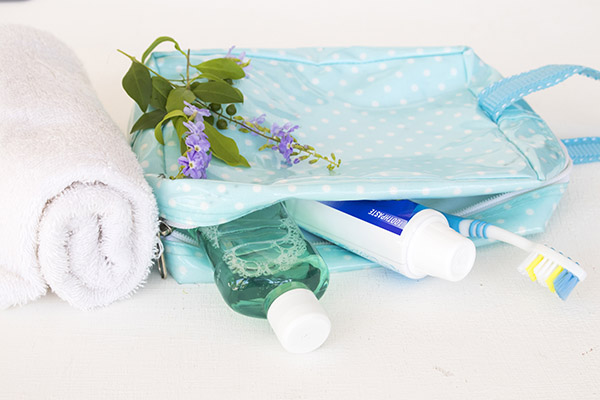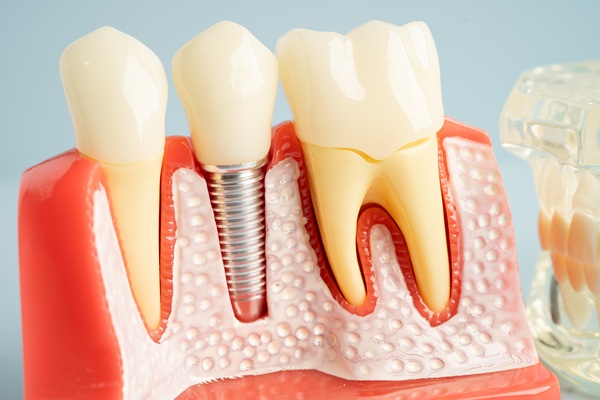 Tooth decay happens when the enamel, or tooth surface, is damaged. You can use oral hygiene basics to prevent it. However, tooth decay is still one of the most common health problems in the world. The CDC reports that in the United States alone, more than 90% of adults have had cavities.
Tooth decay happens when the enamel, or tooth surface, is damaged. You can use oral hygiene basics to prevent it. However, tooth decay is still one of the most common health problems in the world. The CDC reports that in the United States alone, more than 90% of adults have had cavities.
What causes tooth decay?
Everyone has bacteria in the mouth. Some of it is good, but harmful bacteria feed on the sugar and starch you eat. Together, the bacteria and food form plaque, a sticky film on your teeth. The acids that bacteria produce eat away at tooth enamel, leading to cavities.
Anyone who has teeth is at risk for tooth decay. However, several factors can exacerbate it.
Frequent snacks or sugar-containing drinks
Snacking or sipping on sugary foods and drinks gives a steady fuel supply to the decay-causing bacteria that harm your teeth. Foods that cling to your teeth can cause decay, including hard candy, cakes and cookies, milk products, honey, and chips. Acidic drinks also wear down tooth enamel.
Inadequate brushing and flossing
Oral hygiene basics go a long way in preventing tooth decay. Plaque can begin to form almost immediately after eating; brushing after each meal removes plaque and daily flossing cleans between teeth.
Dry mouth
A lack of saliva in the mouth can lead to decay. Saliva washes away some of the food, plaque and acid in the mouth. Dry mouth can happen due to some medications, radiation to the head and neck, and certain chemotherapy drugs.
Eating disorders
Stomach acid from repeated vomiting can wear away tooth enamel, putting people with anorexia or bulimia at risk for tooth decay. These disorders can also impede saliva production.
How is tooth decay prevented?
Good oral hygiene basics can help you prevent tooth decay. Ask your dentist about the best dental care for your situation, but you can start with these tips.
Brush with fluoride toothpaste after eating and drinking
Brush your teeth after every meal if you can. If this is not possible, brush at least twice a day. Use a toothpaste containing fluoride, a mineral that significantly reduces tooth decay. Floss between teeth daily.
Get regular checkups
Visit your dentist regularly for an oral examination and professional cleaning. If you have signs of tooth decay, your dental health professionals can spot them and treat them before bigger problems set in. Your dentist can recommend the best examination schedule for you.
Drink tap water
Most bottled water does not contain fluoride. Public water sources have added fluoride that can help keep your teeth healthy. If you cannot get an adequate amount of fluoride, your dentist may recommend supplements or treatments.
Eat fruits and vegetables
Fresh fruits and vegetables increase saliva flow in your mouth, helping to rinse away bacteria and plaque. Unsweetened beverages can also help.
Conclusion
While anyone who has teeth is at risk for tooth decay, oral hygiene basics can help you prevent it. Ask your dentist about the best oral care routine for you.
Request an appointment or call Lilburn Family Dentistry at 770-800-0178 for an appointment in our Lilburn office.
Recent Posts
Keeping up with oral hygiene basics can prevent cavities and other issues with your teeth. Proper daily care can also stop discoloration of the teeth and reduce bad breath. Here are some dental habits that people can benefit from including as part of a daily routine.One of the most important parts of oral hygiene is…
Brushing and flossing are essential oral hygiene basics that help prevent tooth decay and gum disease. While many people pay careful attention to their teeth and gums, the tongue is often neglected. However, this large surface of the mouth should also be cleaned on a daily basis. Doing so can help many people enjoy better…
Although many people believe that plaque and tartar are the same, they actually have significant differences. Understanding the distinctions between these two dental conditions can help you identify their warning signs and practice oral hygiene basics to avoid them.Plaque is a soft film containing millions of bacteria that build up on your teeth, gums, and…


